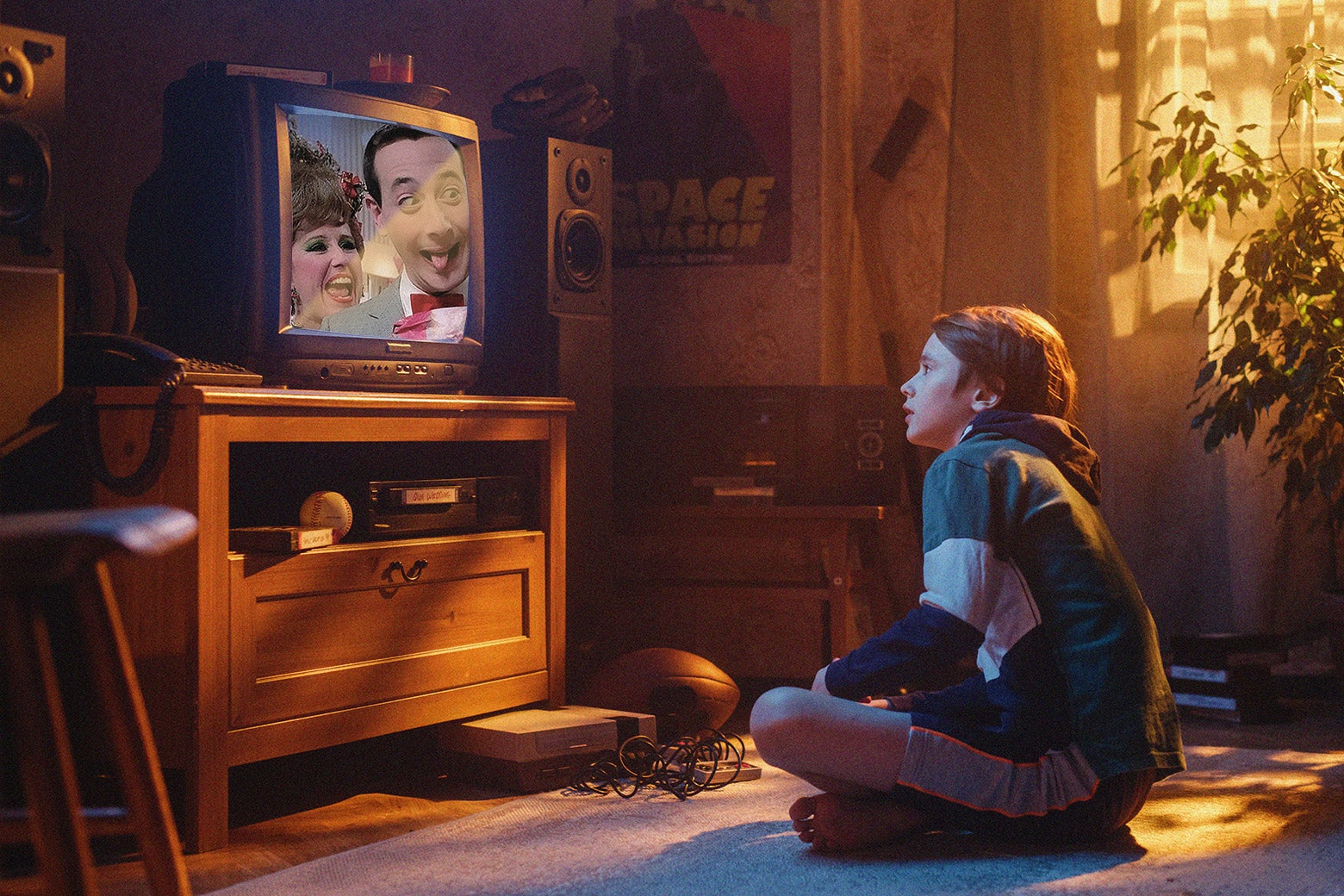
"They say three is a trend, the rate of occurrence upon which one moves past the threshold of randomness and into the realm of fixed preference that we often identify as "taste." Levi seemed to like older movies and TV. Levi seemed to dislike newer movies and TV. I sat down to watch an episode of Pee-wee's Playhouse with him, and a hypothesis about why this is the case took shape."
"All the movies and TV shows Levi is drawn to have a psychological ambiguity mixed with a psychedelic silliness that seemed hard to find in much of today's popular kids' content. Comfort alloyed with discomfort. Connection alloyed with loneliness. Heavy alloyed with light. Or, more succinctly, they were an accurate reflection of a day in the life of an average kid's mind."
"This made for a sharp contrast with much of the popular kids' content I had earlier suggested and he had refused, entertainment that prioritized delivering easy moral lessons over observations on the eternal messiness of being human. And fair enough. It's hard to teach right and wrong while also conceding how genuinely strange life is as a thinking, feeling human in relationship with other such humans."
A child showed little interest in contemporary children's TV and movies, but responded strongly to older works such as Willy Wonka, The Wizard of Oz, and Pee-wee's Playhouse. Those older works combine psychological ambiguity and psychedelic silliness with a blend of comfort and discomfort that mirrors a child's inner experience. The works mix connection with loneliness and weight with lightness in ways that reflect a day in a child's mind. Modern children's entertainment often emphasizes clear moral lessons rather than portraying the messy complexity of human feeling and thought, shaping distinct media preferences.
Read at Slate Magazine
Unable to calculate read time
Collection
[
|
...
]